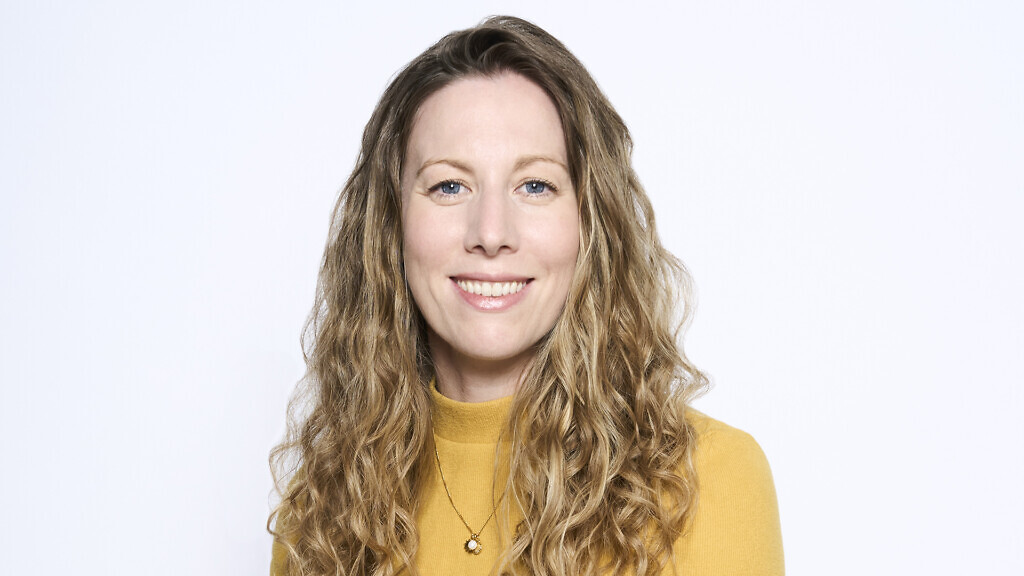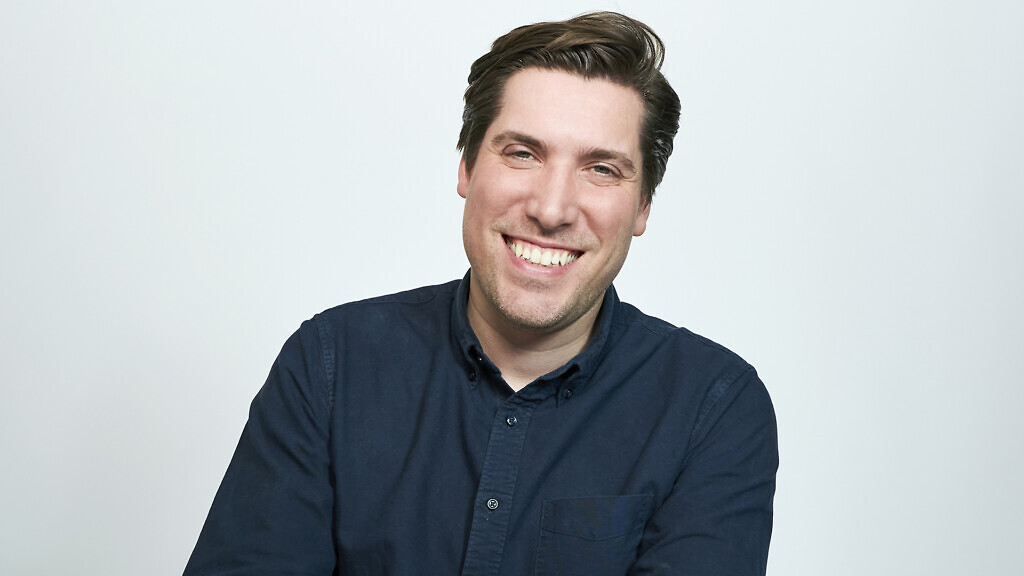Danielle Brightman and Luke Pratsides from digital health company Numan talk about developing an effective AI assistant to help ensure long-term weight loss.
Having supported more than 500,000 patients across areas including obesity, sexual health and hair loss, UK-based digital health firm Numan is leading the way in ensuring effective, long-lasting change through medical knowledge and digital innovation.
Now, with the launch of its proprietary AI-driven health assistant, Nu, they’re able to deliver real-time, clinically guided health support, an advance they feel has the potential to have far-reaching results beyond their own customer base.
Here, Numan’s clinical director Danielle Brightman and head of clinical governance (and former NHS GP) Dr Luke Pratsides explore the challenges and opportunities surrounding the rollout of GLP-1 medications for weight management in the UK and the role of technology in supporting long-term success.
How does Numan’s approach differ from other models in helping to ensure long-term weight loss?
Luke Pratsides: GLP-1s are becoming more available, but the majority of ways that patients are accessing them are via the pharmacy model, where they’re being sent the drug and then left to their own devices. The key to healthy and sustainable weight loss is supporting someone with the lifestyle and behaviour change aspects. The majority of services in the private sector are purely this magic bullet medication, while Numan is offering that additional lifestyle support.

Where does Numan’s AI health assistant, Nu, fit into providing that support?
Danielle Brightman: We have human health coaches in the loop, ensuring there is behavioural change alongside the medication. As we developed the AI tool, we wanted to replicate the advice and knowledge of health coaches to allow patients to have 24/7 support. We noticed that the people who were speaking to their health coach were staying on the medication for longer and seeing more weight loss. By developing Nu, we wanted to augment the support from the human health coach and the clinician.
We specifically trained Nu on information around GLP-1s. We’ve made sure that we’ve put information into the system that it should only call on. We have also carried out a lot of prompt engineering work to make sure it’s really safe and always working within the guardrails. Finally, we built a whole monitoring system to review all of the patient interactions to feed back into Nu to make sure the information only got better and more accurate.
What’s the biggest risk to patients maintaining their weight loss after they stop taking a GLP-1?
Danielle Brightman: We’re keen to make sure patients realise that the medication itself is not going to be a magic bullet. You don’t take it, lose the weight, come off it, and then everything’s perfect. We treat obesity as a chronic condition. You need the medication alongside the behavioural change.
Luke Pratsides: It’s known that if you stop these medications, you gain weight. Somebody might feel a dip every afternoon around three o’clock and snack on something unhealthy. When they’re on a GLP-1, they don’t need to do that. Supporting them helps them realise: “Actually, I don’t need that packet of chocolate buttons”. We want to support them to carry on that behaviour even after they stop treatment. Patients still have access to our coaching for a period of time after they stop treatment as well.

With so many platforms and apps, how can we better share patient data between private providers and the NHS to get a full picture of someone’s health?
Danielle Brightman: We would love to have better data sharing with the NHS to make it easier for patients. Once they’re in the healthcare ecosystem, they shouldn’t need to worry about which provider has their information. That’s what we’re looking into right now.
Luke Pratsides: It’s no small task. How do you join up all the silos of data? We want to work with NHS systems that include being able to not only read from the Summary Care Record, but also write to them. I believe this will save unnecessary admin burden on the NHS from having to deal with letters sent from private sector to GPs informing them their patients are on GLP-1s. The NHS is not necessarily facilitating that.
Why are you confident that Nu works and is safe?
Danielle Brightman: We did a huge alpha and then beta testing. Internally, we tried in many ways to break the system to make sure it would stay in the guardrails. We built a monitoring system and have health coaches review the AI’s interactions. We have a mechanism to escalate any unsafe messages to our human clinicians. The reason we think it’s doing really well is the engagement it gets. The people who use it are engaging a great deal, and they are the ones who we see are losing more weight.
Luke Pratsides: It’s increased access. This is the key. It gives people an answer whenever they want it, which traditional models of healthcare struggle to do. And at any time, if somebody wants to speak to a human clinician or coach, they can. It’s that increased access to reliable advice.



